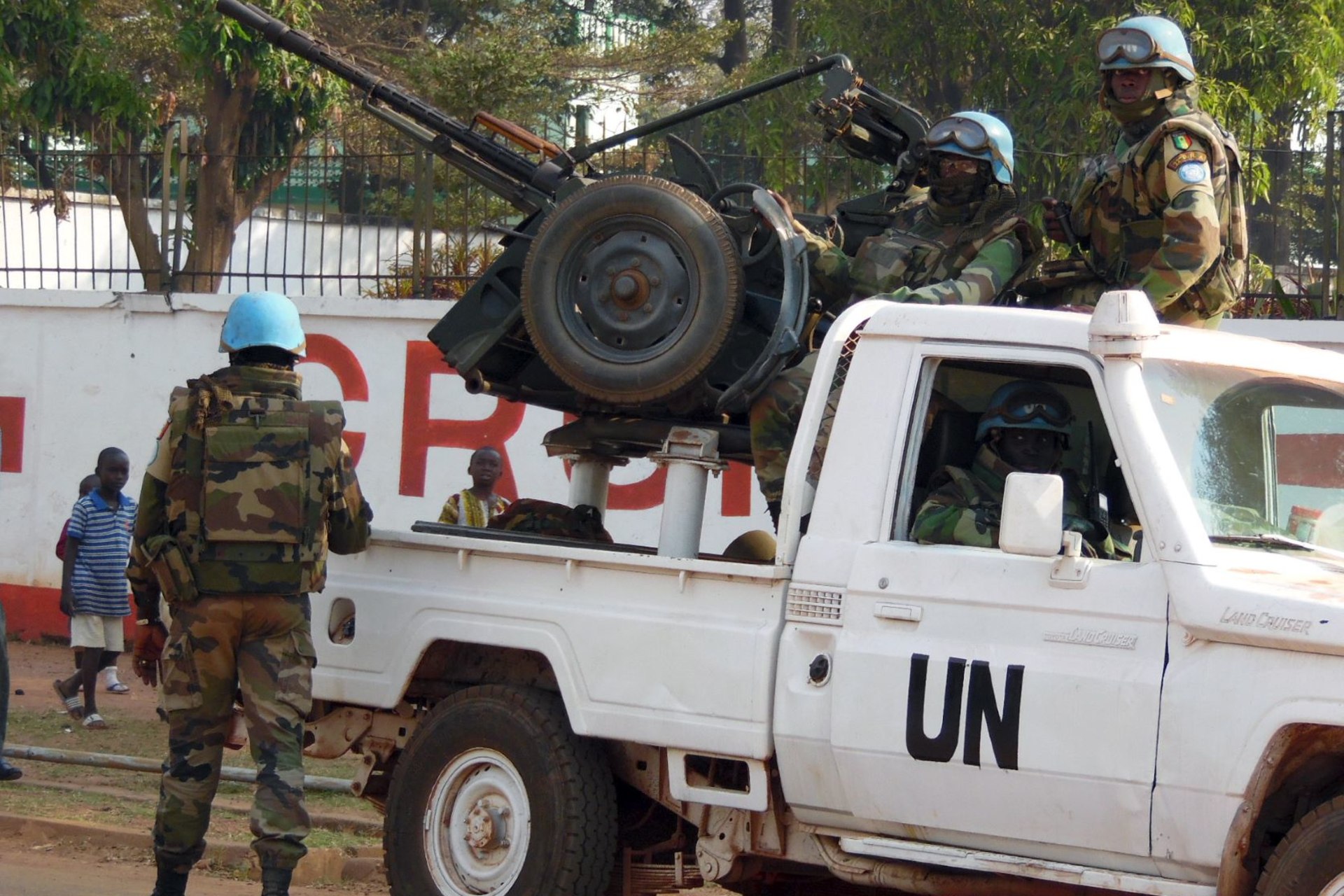Women This Week: UN Withdraws 450 Peacekeepers from the Central African Republic
Welcome to “Women Around the World: This Week,” a series that highlights noteworthy news related to women and U.S. foreign policy. This week’s post covers September 11 to September 17.

By experts and staff
- Published
UN Withdraws 450 Peacekeepers from the Central African Republic Over Sexual Abuse Allegations
Following numerous allegations of sexual abuse against UN peacekeepers, the United Nations decided to withdraw 450 Gabonese peacekeepers from the Central African Republic. The United Nations and Gabon’s defense ministry announced they will both conduct investigations into the claims of sexual abuse. Sexual abuse allegations against peacekeepers are not new for the United Nations. In 2016, the United Nations identified forty-one peacekeepers in the Central African Republic suspected of sexual abuse and urged the governments of the peacekeepers’ countries of origin to prosecute the suspects. No UN investigations into peacekeepers’ sexual misconduct have led to any public convictions.
China’s #MeToo Movement Loses Court Battle
The Haidian district court in Beijing dismissed a landmark #MeToo case against one of China’s most prominent television hosts. Zhou Xiaoxuan, known online as Xianzi, first accused television host Zhu Jun of sexually harassing her in 2018 while she was interning at Chinese state broadcaster CCTV. Zhou, who is currently facing a defamation lawsuit from Zhu Jun, told supporters she will appeal the court’s decision. While the court said they threw out Zhou’s case due to insufficient evidence, Zhou claims the judge refused her multiple attempts to retrieve evidence.
European Institutions Express Concern Over Gender Equality in Poland
The Council of Europe released a new report that evaluates Poland’s implementation of the 2014 Istanbul Convention on preventing and combating violence against women and domestic violence. In this report, the Council of Europe urged Poland to adopt a consent-based definition of rape. The European Parliament also passed a non-binding resolution criticizing the Polish government for its restrictions on media freedom, its limitations on sexual and reproductive health and rights, and its discrimination against LGBTQ+ people. On September 6, the European Commission warned that Poland could lose funding due to its LGBTQ+ discrimination.